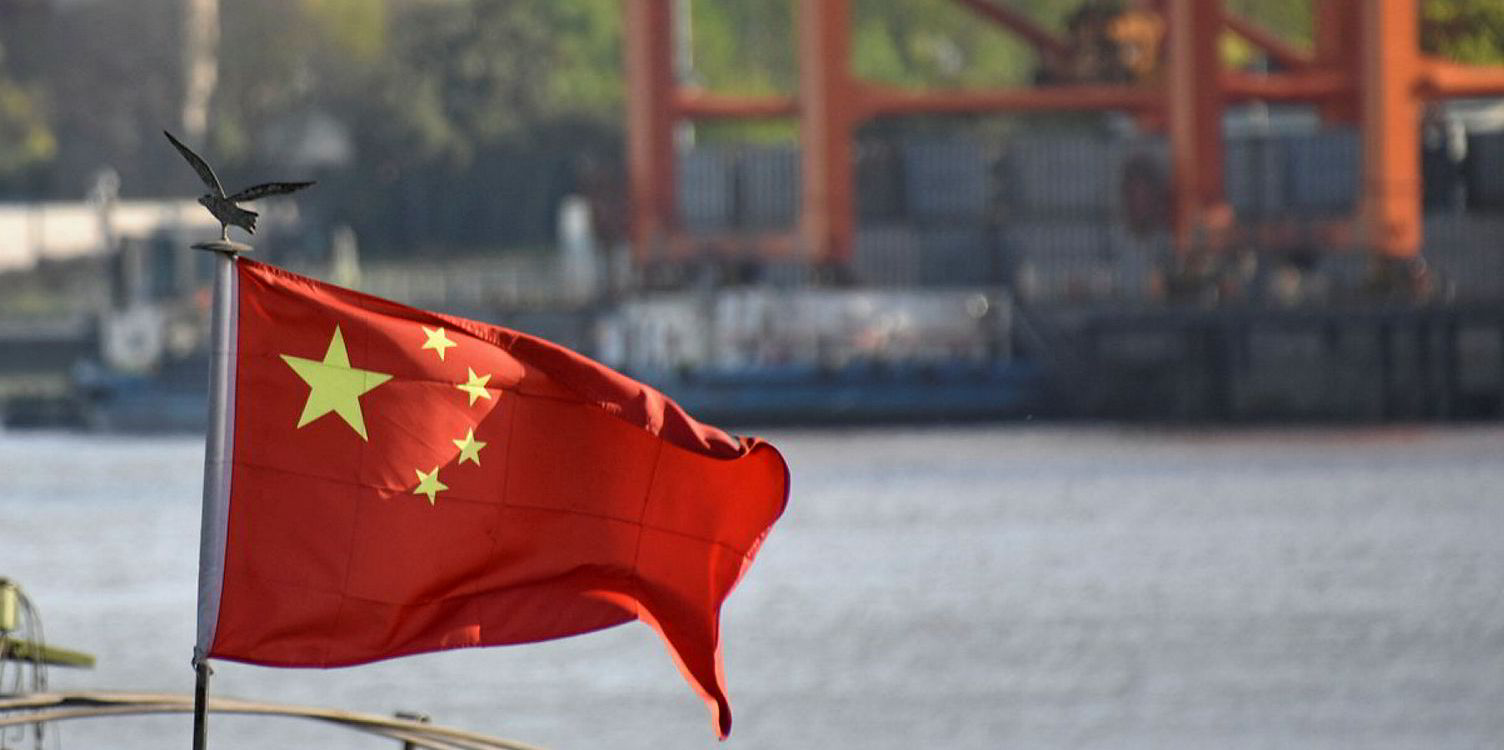The Chinese government has removed restrictions on foreign ownership in the port agency business as part of its liberalisation of the services industry.
The rollback of domestic ownership requirements was announced last week by Ministry of Transport officials at the annual China Navigation Day, a national event held at the port of Ningbo.
Local industry players say the changes were no surprise and will have little practical effect in the extremely competitive sector.
“Previously, international port agency companies operating in China had to do so through joint ventures but now there will be no legal need,” the head of one large domestic port agency operation tells TradeWinds. “A lot of the foreign/Chinese port agency joint ventures operating in China now are actually already fully controlled by the foreign side.”
Ambitious numbers
Beijing is evaluating a broad set of proposals for service industry liberalisation — an initiative widely seen as a response to the concerns of global trading partners, especially the US.
China could increase the productivity of its service sector by between $3trn and $5trn by removing restrictions on foreign players, according to an analysis from McKinsey Global Institute published by Chinese non-state-owned business news service Caixin.
But the focus has been on financial services, and port agency players believe their segment has little to contribute to those ambitious numbers, either because the companies involved have long since devised workarounds to domestic ownership requirements or because Sino-foreign partnerships make economic sense, especially at a regional level.
Large global port agency companies such as Inchcape Shipping Services (ISS) and Wilhelmsen Ships Services operate in China through joint ventures in which they may be the minority shareholder but have effective full operational control.
A lot of the foreign/Chinese port agency joint ventures operating in China now are actually already fully controlled by the foreign side
Port agency boss
The Chinese partner of ISS is an entity set up for that purpose. In Wilhelmsen’s case, its partnership Wilhelmsen Huayang Ships Service (Shanghai) gives valuable access to national and regional authorities that it enjoys through Beijing-based partner Huayang Maritime Center.
Formerly concentrated in the hands of state companies plus the few global companies that ventured to establish themselves in China, the port agency market is now as fragmented here as anywhere else. In recent years, many non-global agency companies from countries such as Japan and South Korea have set up specialist operations here to serve their compatriot shipowners, and these generally rely on local partners for expertise and connections.
The bigger problem that global port agency businesses say they face is ruthlessly competitive pricing that makes it difficult to provide the same level of services as a few years ago, or to recruit top students with good English language and commercial skills.
One Shanghai executive says a single port call lasting two or three days would generate revenues of up to $5,000 in the 1990s, whereas the same call today costs an owner $400 to $500 — not adjusted for inflation.
“It’s true that in the past, fewer people in the ports here spoke English, so there was more work to do,” he adds. “But the number of man-hours was not more than double what it is now.”
With one ship generating less than $200 a day and agencies relying on volume of business to come out in the black, he doubts the liberalised ownership rules will bring a rush of new international players, and he would welcome more commercial regulation to stabilise the business.
“When you open up a market too much, with nobody to coordinate it, there is chaos,” the agency executive says.




